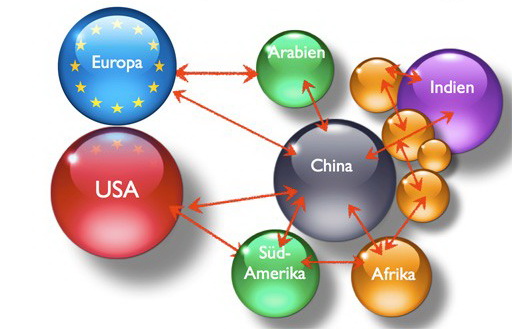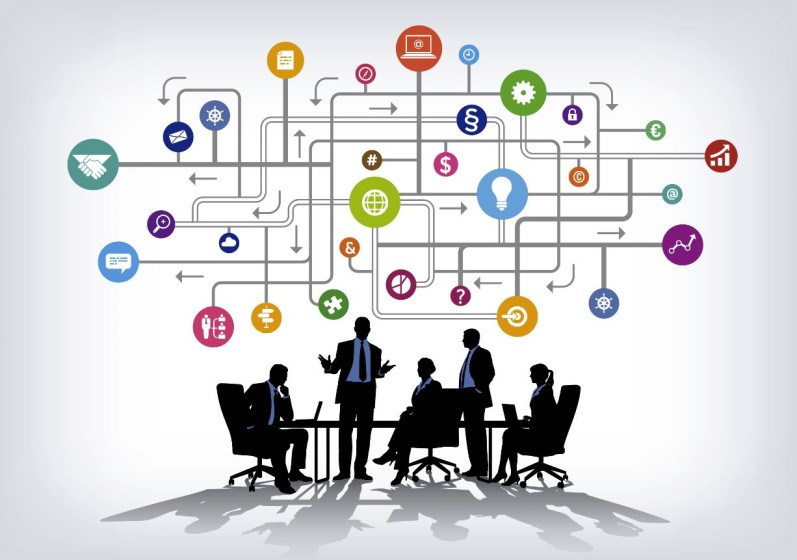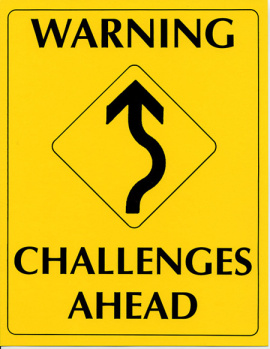Educating the Diplomats in the Second Digital Era: Energy, Economy and Politics.
Today’s multipolar world order (aka post-modern world) is largely a digital one: if the first 25 to 35 years after the end of WW II were defined by the “introduction” of the Cold War and the “invasion” of the computer as instruments of exercising foreign policy, the period thereafter is dominated by (digital social) media and geopolitical modus of thinking and acting largely dictated by priorities based on energy and economy.
first 25 to 35 years after the end of WW II were defined by the “introduction” of the Cold War and the “invasion” of the computer as instruments of exercising foreign policy, the period thereafter is dominated by (digital social) media and geopolitical modus of thinking and acting largely dictated by priorities based on energy and economy.
 Anybody involved in any kind of decision making processes in whatever field of human activity will sooner or later face a question of principle concerning the very essence of one’s work. This could be simplified as follows: “How do I proceed in shorting out my priorities and goals, i.e. the means of formulating and communicating my action as well as weighing in its impact in the real world, the life of individuals and entities”. It goes without saying that the scope and “dimensions” of foreign relations renders this question mega-critical.
Anybody involved in any kind of decision making processes in whatever field of human activity will sooner or later face a question of principle concerning the very essence of one’s work. This could be simplified as follows: “How do I proceed in shorting out my priorities and goals, i.e. the means of formulating and communicating my action as well as weighing in its impact in the real world, the life of individuals and entities”. It goes without saying that the scope and “dimensions” of foreign relations renders this question mega-critical.
Based on the above, those joining the club of foreign policy workers (either bi – or multilateral ones) find themselves confronted with a multitude of challenges. Common  to all of them is the input and output of information in real time, i.e. with practically no time lag, and the fact that traditional “values” such as international law/justice or national interest are nowadays based on the lack or existence of energy resources and its impact on the Economy on local, regional and ultimately global level. Politics – the so called Foreign Policy per se – is but an accessory to all that.
to all of them is the input and output of information in real time, i.e. with practically no time lag, and the fact that traditional “values” such as international law/justice or national interest are nowadays based on the lack or existence of energy resources and its impact on the Economy on local, regional and ultimately global level. Politics – the so called Foreign Policy per se – is but an accessory to all that.
Young diplomats should possess a multitude of “talents”, such as a solid background in applied economics accompanied by an in-depth knowledge of interstate relations in the fields of energy and resource management. Awareness of the relevant historical overview, too, is undoubtedly of paramount importance. Purely political arguments will only arise after a stable basis of negotiation based on the above has been put to place.
Therefore, their training has to be fast and concentrated, prioritizing diplomacy of (mainly multilateral) negotiations as a means of defining the scope of exercising their job. The modern diplomat must be a master of all digital means of communication and  decision making supported by digital tools. The modern diplomat is expected to thoroughly understand Energy and Economics.
decision making supported by digital tools. The modern diplomat is expected to thoroughly understand Energy and Economics.
“Illiteracy” in those fields will quasi automatically sort him/her out of the battle – defeated!
While obviously starting as generalists, diplomats should early enough in their career choose a field of specialty according to their individual professional training (e.g. major study orientation, foreign languages) paired with any special skills or knowledge of a given region. Only then will they be able to adapt and successfully act in a chameleon-like world where – besides the USA – China, India, Russia, Europe and the Arab World are competing for at least a portion of world dominance.


